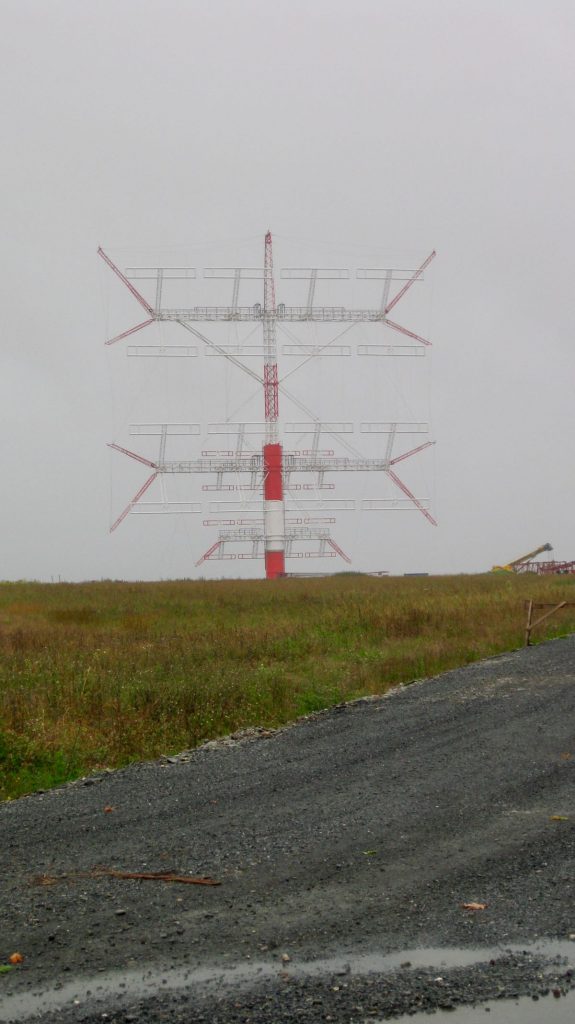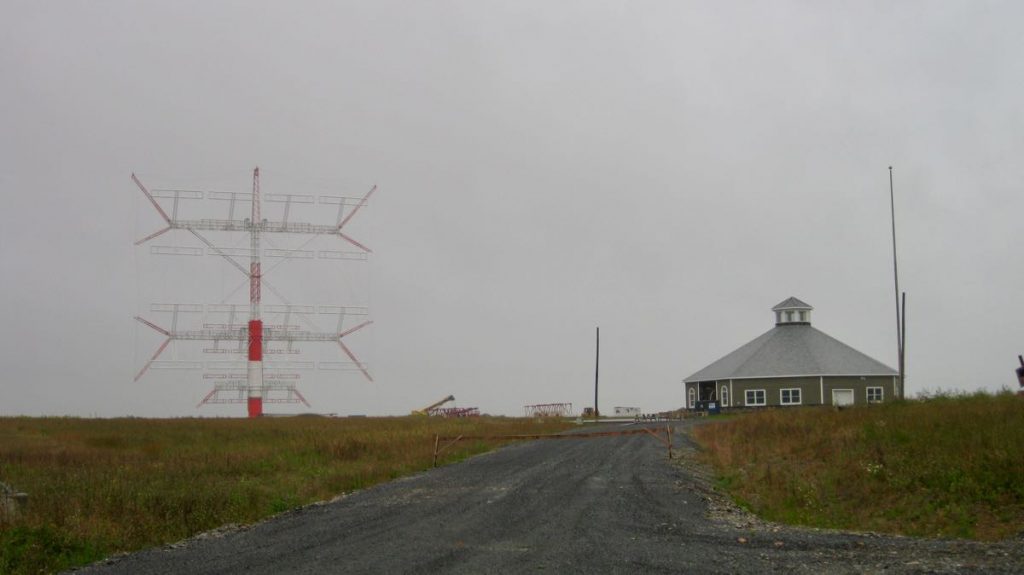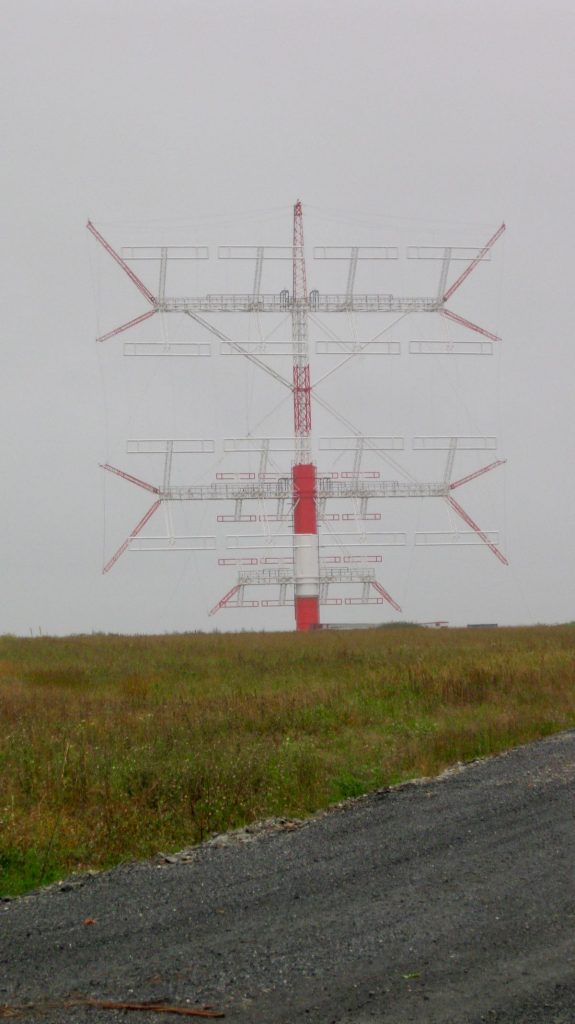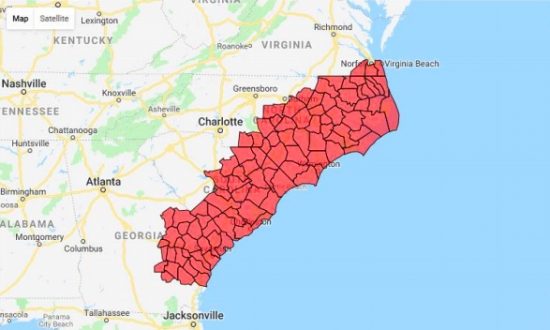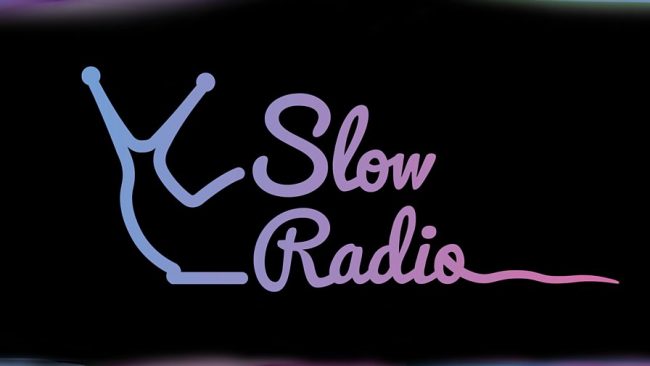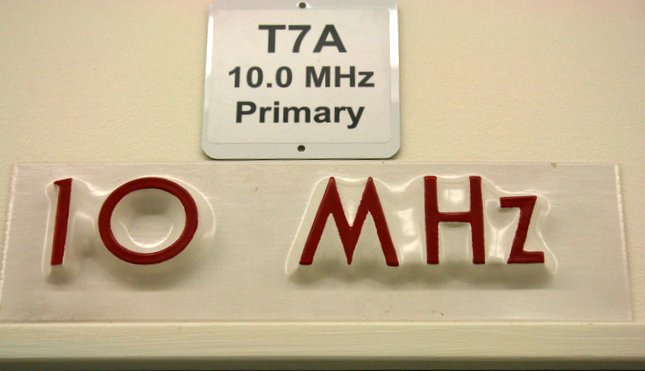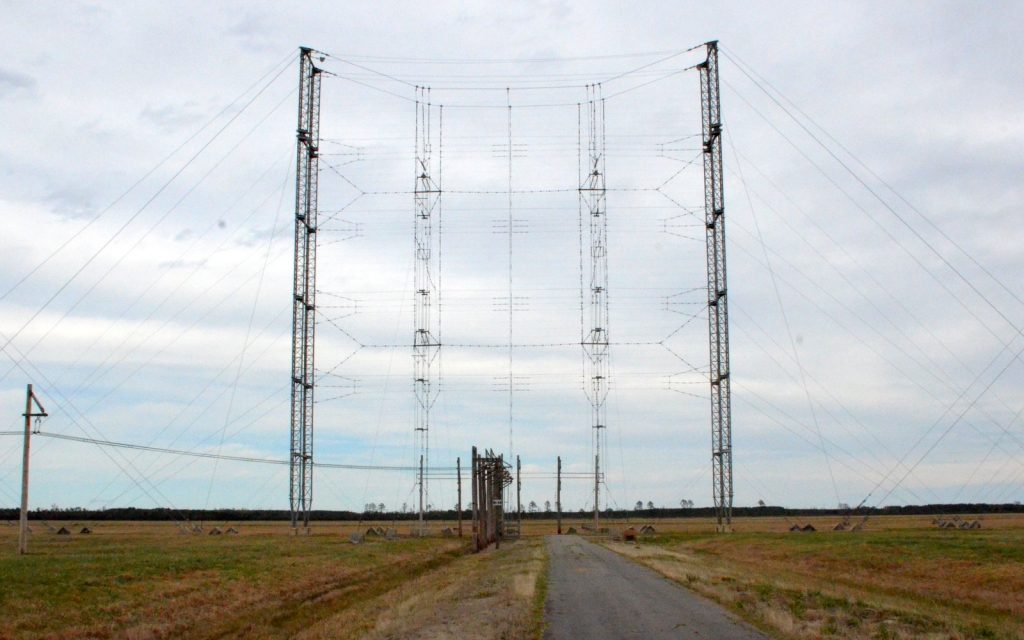(Source: India.com)
New Delhi, Sep 30 (PTI) On October 1, 1939, the All India Radio made its first broadcast for foreign listeners — a Pashto service started by the then British rulers to counter the Nazi Germany propaganda during World War II.
The national radio broadcaster has decided that the 80th anniversary of the historic event will be marked by year-long celebrations beginning this week right up till October 1 next year.
The external services of the All India Radio (AIR), though began with the aim of serving the propaganda of the British colonialists, have now transformed into the “voice of India” at the world stage, officials said.
“Last year, the decision was taken that October 1 will be observed as External Broadcasting Day and Monday will be the first such occasion. All Indian missions abroad will observe the External Broadcasting Day,” Amlanjyoti Mazumdar, Head External Services Division, AIR, told PTI.
“The missions are going to circulate the material that we have sent them to sensitise the listeners in their respective countries about AIR’s external services,” he said.[…]


